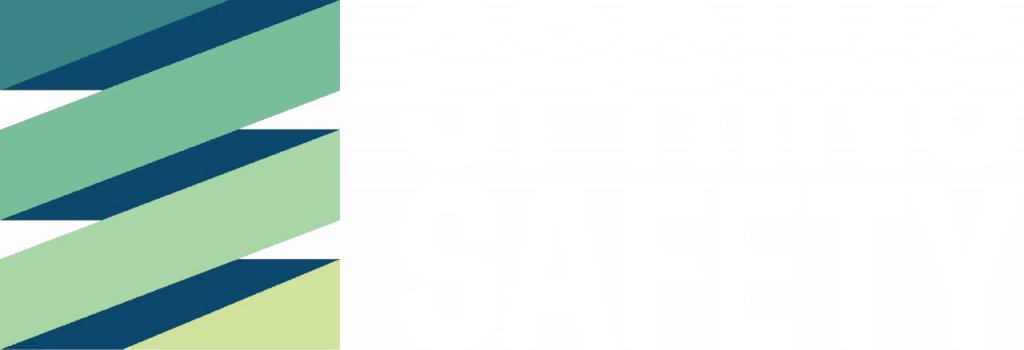So what is health promotion and how can it help your business?
How do you promote health in the workplace? As health now means both physical and psychological health in the Australian Work Health and Safety legislative framework, businesses are obliged to prevent, promote and protect health.
Nearly 30 years ago I graduated with a degree in Health Science (Health Promotion), changing career directions quickly from occupational health to occupational health and safety, my soft health skills were not utilised and developed, as the business community at that time were not actively seeking those skills. How things have changed!
‘Health promotion is the process of enabling people to increase control over, and to improve, their health. To reach a state of complete physical mental and social wellbeing, an individual or group must be able to identify and to realize aspirations, to satisfy needs, and to change or cope with the environment. Health is, therefore, seen as a resource for everyday life, not the objective of living. Health is a positive concept emphasizing social and personal resources, as well as physical capacities. Therefore, health promotion is not just the responsibility of the health sector, but goes beyond healthy lifestyles to wellbeing.’ (WHO, 1986).
By tapping into health promotion principles and processes, businesses can learn how to successfully plan, promote and improve worker health.
Implementation
A quick, fairly easy way for businesses to make a start would be to develop a Wellbeing Calendar. Title ideas for your calendar to explore include: ‘Health and Wellbeing Calendar’; ‘Health Promotion Calendar’; ‘Wellness Calendar’. If you can’t remember when R U Ok day is on in 2024 – this is definitely the tool for you!
If baking cupcakes and drinking copious cups of tea aren’t hitting the wellbeing mark for your team, maybe consider a sporting or environment community event, the possibility to actively encouraging social connections within your teams may reduce anxiety, stress and burnout.
Outcome
Following research and making decisions on which events to focus on in 2024, spread the word (promote) print out hard copy for your health and safety information boards/ notice boards, upload on your internal intranet/SharePoint pages, schedule diary events in advance.
Once your event is done and dusted, don’t stop there! Following Demings, Plan-Do-Act-Check model, we suggest evaluating the success of your events, collect data, review and report to management, highlight return on investment.
Key areas to report on: Internal: What are workers saying about the company? 1. Level of interaction inside the organisation (social interaction) 2. Experiences of connection with the organisation (organisational commitment) 3. Attitudes of satisfaction with coworkers and supervisors (social support). External: What are people outside the company saying? 1. Level of public awareness of the organisation and its health strategies. Avoid having an Amazon moment, where stories of long hours, relentless pressure and burn out are common leading to high rates of attrition.
Active listening, picking up comments about experiences both positive and negative will assist formulate which events and activities are right for your business. There are so many days/weeks/conferences/events – target a few and try them out.
References
Humphrey, S. E., Nahrgang, J. D., & Morgeson, F. P. (2007). Integrating motivational, social, and contextual work design features: a meta-analytic summary and theoretical extension of the work design literature. Journal of applied psychology, 92(5), 1332.
K. C. Arredondo-Soto, J. Blanco-Fernández, M. A. Miranda-Ackerman, M. M. Solís-Quinteros, A. Realyvásquez-Vargas and J. L. García-Alcaraz, “A Plan-Do-Check-Act Based Process Improvement Intervention for Quality Improvement,” in IEEE Access, vol. 9, pp. 132779-132790, 2021, doi: 10.1109/ACCESS.2021.3112948.
Stone, B (2022). Burnt out Amazon employees are embracing the great resignation. Bloomberg.
World Health Organization. (1986). Ottawa charter for health promotion, 1986 (No. WHO/EURO: 1986-4044-43803-61677). World Health Organization. Regional Office for Europe.
Upcoming Spring Safety events
Introduction to Psychosocial Hazards Tickets, Wed 31/01/2024 at 8:30 am | Eventbrite




